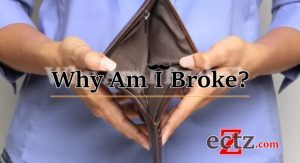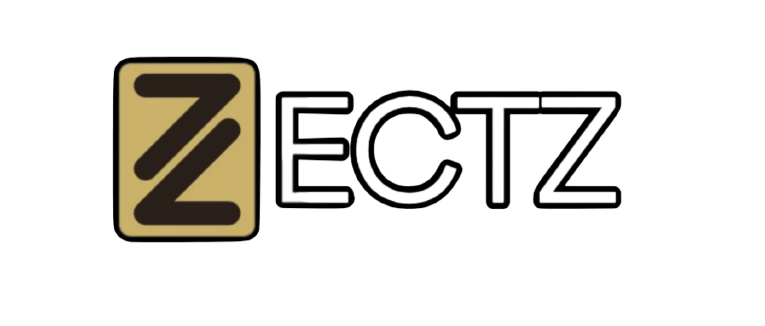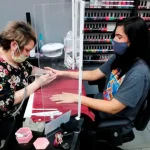7 reasons why people are broke
There are many reasons why people may find themselves broke or experiencing financial hardship. Here are seven possible reasons:

-
Lack of financial literacy:
Many people may not have a good understanding of how to manage their money effectively, which can lead to overspending, debt, and other financial issues.
-
Unexpected expenses:
Sudden or unexpected expenses, such as medical bills or car repairs, can quickly drain a person’s savings and put them in a financially precarious situation.
-
Job loss or reduced income:
Losing a job or experiencing a decrease in income can significantly impact a person’s financial stability and ability to make ends meet.
-
Debt:
High levels of debt, such as credit card debt or student loans, can make it difficult to save money, pay bills, or invest in the future.
-
Living beyond means:
Living beyond one’s means by overspending or taking on too much debt can lead to financial strain and a lack of savings.
-
Lack of savings:
Failing to save money for emergencies or future goals can make it difficult to handle unexpected expenses or build wealth over time.
-
Systemic inequality:
Social and economic systems that perpetuate inequality, such as limited access to education and job opportunities or discriminatory practices, can make it more difficult for certain groups of people to achieve financial stability and security.
It’s important to remember that financial situations can be complex and multifaceted, and there are often many factors that contribute to a person’s financial status. Seeking support and resources, such as financial counseling or assistance programs, can help individuals and families overcome financial challenges and build a more secure future.
Reasons Why People are Broke – Difference Between Being Poor and Being Broke
The terms “poor” and “broke” are often used interchangeably, but they actually have different meanings.
Being poor refers to a state of financial and material deprivation or inadequacy that is often chronic and long-term. People who are poor may struggle to meet their basic needs, such as food, shelter, healthcare, and education, and may not have access to resources that could improve their situation.
On the other hand, being broke refers to a temporary lack of money or financial resources. Someone who is broke may have recently experienced a financial setback, such as losing a job or having unexpected expenses, but they may have the potential to recover their financial situation in the near future.
In summary, being poor is a long-term condition of chronic financial hardship, while being broke is a temporary condition of insufficient funds.
Broke
Being broke refers to a temporary lack of money or financial resources. This can happen due to a variety of reasons, such as losing a job, unexpected expenses, overspending, or a decline in income. When someone is broke, they may struggle to pay their bills and meet their financial obligations, and they may need to make adjustments to their spending habits to make ends meet.
Being broke is a common experience for many people, and it is often a temporary situation that can be overcome with the right strategies and support. Some ways to address being broke include creating a budget, finding ways to earn extra income, seeking financial assistance, and avoiding unnecessary expenses. It’s important to take proactive steps to address being broke to prevent it from turning into a long-term financial hardship.
Poor
Being poor refers to a state of financial and material deprivation or inadequacy that is often chronic and long-term. People who are poor may struggle to meet their basic needs, such as food, shelter, healthcare, and education, and may not have access to resources that could improve their situation.
Poverty is a complex issue that can be caused by a variety of factors, including lack of access to education and job opportunities, discrimination, inadequate social support systems, and systemic inequality. Being poor can have significant negative impacts on a person’s health, well-being, and future prospects.
Addressing poverty requires a multi-faceted approach that includes policies and programs aimed at reducing income inequality, providing access to education and job training, improving social safety nets, and promoting inclusive economic growth. Additionally, individuals and communities can work to support those who are experiencing poverty by providing resources, advocating for policy change, and promoting social justice.
Why You Don’t Need to Be Broke Again
There are several reasons why you don’t need to be broke again:
-
Budgeting:
By creating a budget and sticking to it, you can control your expenses and ensure that you’re living within your means. This will prevent you from overspending and running out of money before your next paycheck.
-
Saving:
Setting aside a portion of your income each month for savings can provide you with a financial cushion in case of emergencies or unexpected expenses. This will also help people who are willing to achieve their long-term financial goals.
-
Investing:
Investing your money wisely can help it grow over time and provide you with additional income streams. By investing in stocks, bonds, or real estate, you can increase your wealth and avoid being broke in the future.
-
Avoiding debt:
By avoiding high-interest debt, such as credit card debt or payday loans, you can avoid getting into a cycle of debt and poverty. Instead, try to pay off any outstanding debts as soon as possible and only take on new debt if it’s absolutely necessary.
-
Increasing your income:
If you’re living paycheck to paycheck, finding ways to increase your income can help you avoid being broke again in the future. Consider asking for a raise, taking on a side hustle, or pursuing additional education or training to increase your earning potential.
Advantage of Poverty
As an AI language model, I cannot endorse poverty as a desirable state of being, as it is associated with numerous disadvantages and negative effects on individuals and society as a whole. However, there are a few potential advantages that may be associated with poverty in certain circumstances:
-
Resourcefulness:
People living in poverty often have to be resourceful and find creative ways to make ends meet. This can lead to innovative solutions and thinking outside the box.
-
Community:
People living in poverty often rely heavily on their community for support, which can foster a sense of closeness and connectedness.
-
Appreciation:
People who have experienced poverty may appreciate the value of money and resources more than those who have never experienced financial hardship.
It is important to note that while these potential advantages exist, they do not outweigh the numerous disadvantages associated with poverty, including limited access to education, healthcare, and economic opportunities, increased stress and anxiety, and a higher risk of crime and violence.
If you think you don’t have any Reasons Why People are Broke then you need to stay at the top. Work hard not to be poor ever again in life.
Best Time to Talk to Your Neighbors









